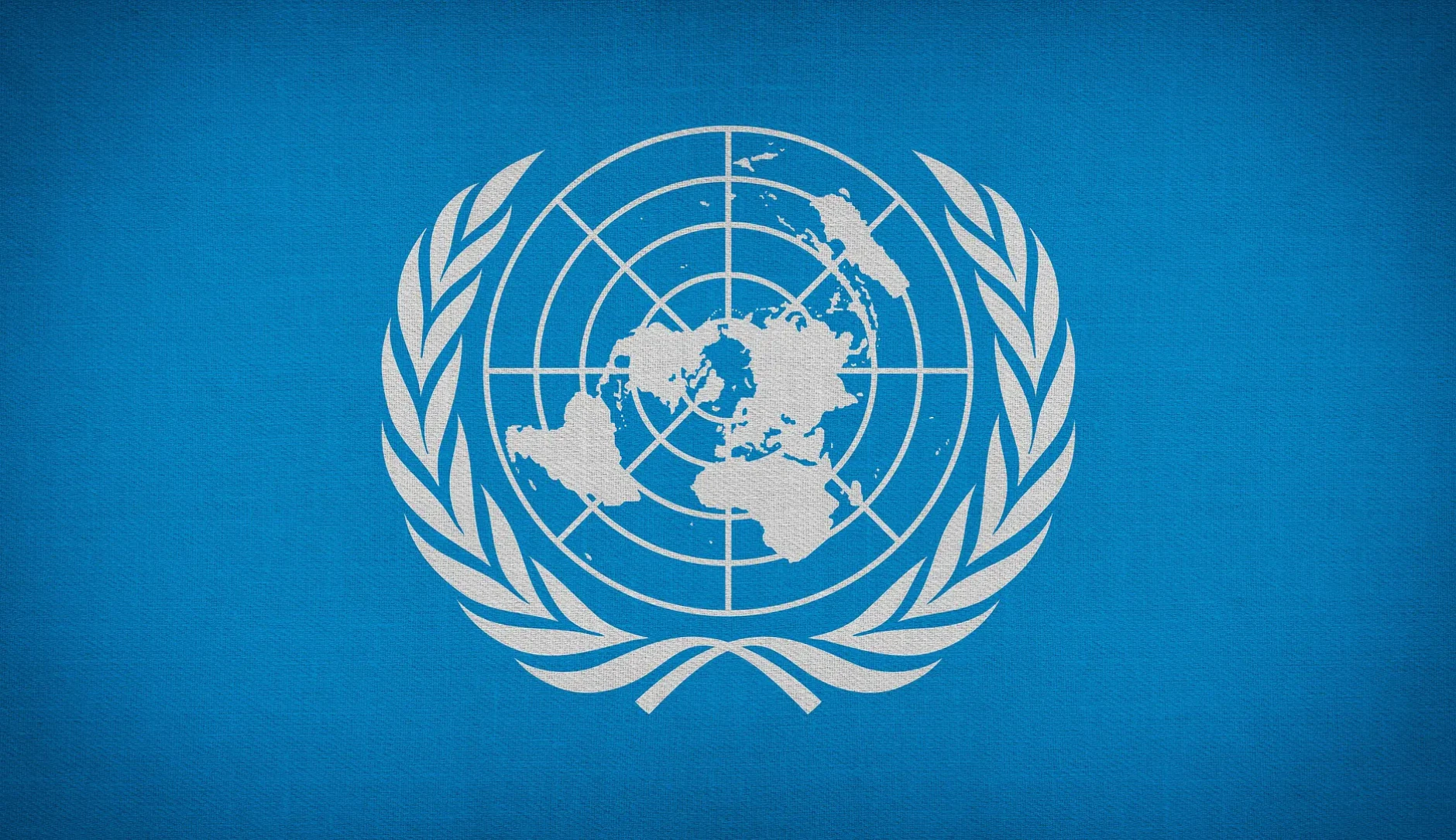Human Rights, now more than ever
This Sunday, the Universal Declaration of Human Rights will be exactly 75 years old. A statement of intent to build something new on the ruins of two World Wars, which raged in big part on our continent. A promise to mankind that in all the years since provided hope and tangible protection and dignity to many.
Blog by MEP and MEP lead candidate Sophie in 't Veld.

Even at 75, the Declaration has lost none of its pertinence. The horrors in the Middle East, in Ukraine, in Sudan and numerous bloody conflicts, as well as oppressive regimes all over the world, form a sad backdrop for Sunday’s jubilee. Several human rights are under pressure in Europe. The specter of antisemitism is back. Many Jews live in fear once again, thanks to violent incidents. Islamophobia has taken root, with moslims being systematically discriminated against and under suspicion. Taboos on nazism and fascism are crumbling, as Roma and LGBTI people are once again the target of hatred and violence.
The growth of extremist movements on the far right of the political spectrum, has seen the normalisation of hatred against minorities. ‘The Left’ has become a slur, to discredit people who even dare to bring up human rights. The diffuse label ‘woke’ is weaponised in a witch hunt for people in the judiciary, academics, journalists and other perceived enemies. Discrimination is now an integral part of the political programs of politicians with real power or the prospect of holding power soon. We can no longer sit back and assume that respect for human rights is a given. More importantly, we can no longer assume that the state will protect these rights, let alone not target them itself. We have to get off our asses and defend what we hold dear, which coincidentally is also what keeps our society livable.
The broad picture is deteriorating, but this is exactly why the mission of 1948 is as important as ever. More so than in the past decades even. The Declarations 75th anniversary is a moment to remind ourselves what hatred, violence and exclusion have brought about. And to remember the lessons dat were drawn, leading to the Declaration as a foundation for human rights worldwide. We have to go back to these principles, starting with the way we treat the people who are the most vulnerable and have the least to fall back on.
Europe’s dealings with migrants looking shelter, or a better life, is shameful in the light of what is mentioned above. De European external border is one of the deadliest in the world. In Europe, many migrants live in dehumanising conditions, even in slavery. It is in wealthy Europe that we have poverty and social inequality that should not exist given our economic prosperity. The harsh reality is that the right to dignity, a decent standard of living and a chance to develop oneself are out of reach for too many people. The right to equal treatment, privacy and a fair trial are under pressure in our digital lives. Once again, the most vulnerable will be the most affected.
All rights written down in the Declaration are being violated in Europe on a daily basis. The memory of 1948 must be kept alive. Not in the least, because universal human rights have improved our lives dramatically and enduringly. Most probably also your life. The more people enjoy the fruits of basic human rights, the more enduring they will be for us all. As long as many people remain, who can only dream of these right, there remains much to do.
In Belgium we have the Dosing Garrison, from which 25.484 Jews and 352 Roma have been deported in World War II. This place is a place of memory, which we must visit to give deeper meaning to the numbers. These are not anonymous numbers, but a collection of immense human suffering. Of humiliation, exclusion, torture and murder. We must not just proclaim ‘never again’, but stand for the values that oppose these crimes. Don’t give in to extremes, and don’t cower in the face of bullies. Anyone who wants to compromise on basic human rights, for the sake of short-lived political gain, is going down a road from which there is no return. Not really. We have seen many examples in history of the pain caused by making this choice, and very few examples of it leading to a good place.
The Universal Declaration is important. De memory of 1948 is important. That is why Volt Belgium will visit the Dosing Garrison, to pay respect to the timeless and universal quality of human rights. The Declaration is part of our heritage and civilization. It must remain a beacon, always and everywhere. We must keep fighting for it to be so.
Blog by MEP and MEP lead candidate Sophie in 't Veld.
Source: https://www.sophieintveld.eu/nl/mensenrechten-juist-nu